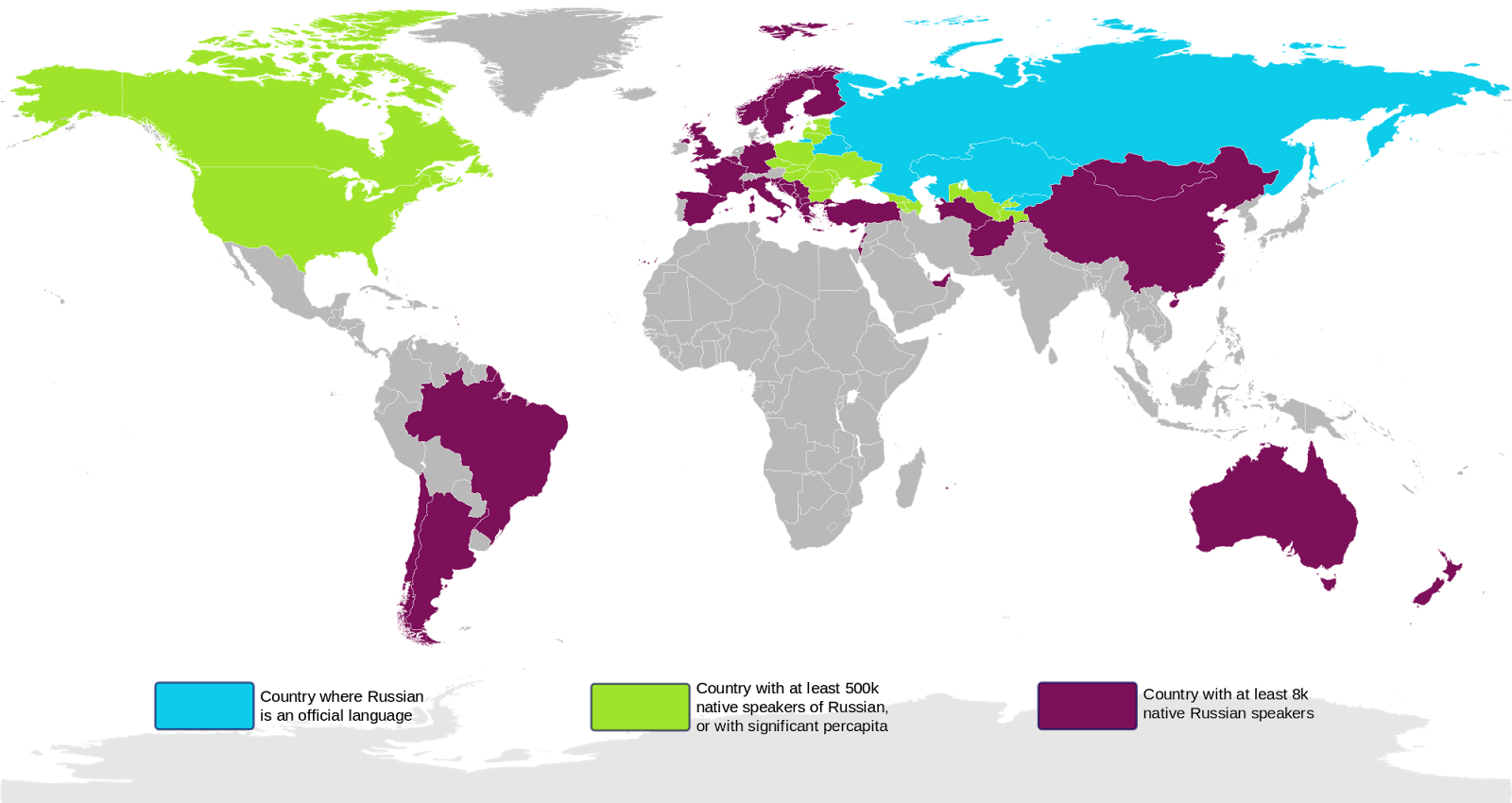Between 130 and 200 languages are spoken by russian inhabitants it varies based on criteria

Between 130 and 200 Languages Spoken by Russian Inhabitants

Russia, a vast and diverse country spanning two continents, is known for its rich cultural heritage and linguistic diversity. Between 130 and 200 languages are spoken by its inhabitants, depending on various criteria such as region, ethnicity, and historical factors.

One of the primary reasons behind this linguistic richness is the multicultural nature of Russia. With a landmass of over 17 million square kilometers, it encompasses numerous indigenous ethnic groups spread across different geographical regions. These ethnic groups have their distinct languages, customs, and traditions, contributing to the linguistic diversity of the country.
The official language of Russia is Russian, which serves as a lingua franca among its diverse population. Russian is a Slavic language and one of the six official languages of the United Nations, highlighting its global significance. It is spoken by the majority of the Russian population and acts as a unifying force across different regions.
Apart from Russian, several other languages are officially recognized within specific regions of Russia. For instance, Tatar is designated as the official language in Tatarstan, a republic within the Russian Federation. Similarly, other languages such as Yakut, Chuvash, Chechen, and Bashkir have official status in their respective regions.
Furthermore, various indigenous languages are spoken by small communities within Russia. These languages often face the threat of extinction due to the dominance of Russian and the challenges posed by globalization. Efforts are being made to preserve and revive these endangered languages through initiatives such as language revitalization programs and documentation projects.
In addition to the indigenous and regional languages, many minority languages are also spoken by different ethnic groups residing in Russia. These languages include Ukrainian, Armenian, German, Kazakh, Korean, and many others. The linguistic diversity of these communities adds to the vibrancy of Russia’s cultural landscape.
Promoting language learning and multilingualism is crucial in a country as linguistically diverse as Russia. It helps foster a sense of cultural belonging and inclusivity among different communities. The European Day of Languages, celebrated on September 26th each year, provides an opportunity for individuals and organizations to promote linguistic diversity and language learning.
In conclusion, Russia is a linguistically diverse country, with between 130 and 200 languages spoken by its inhabitants. This diversity is a testament to the rich cultural tapestry and historical legacy of the nation. Embracing and preserving this linguistic heritage is essential for maintaining the country’s cultural identity and promoting inclusivity among its diverse population.
Source: ESL Languages Blog
Tags
Share
Related Posts
Quick Links
Legal Stuff

